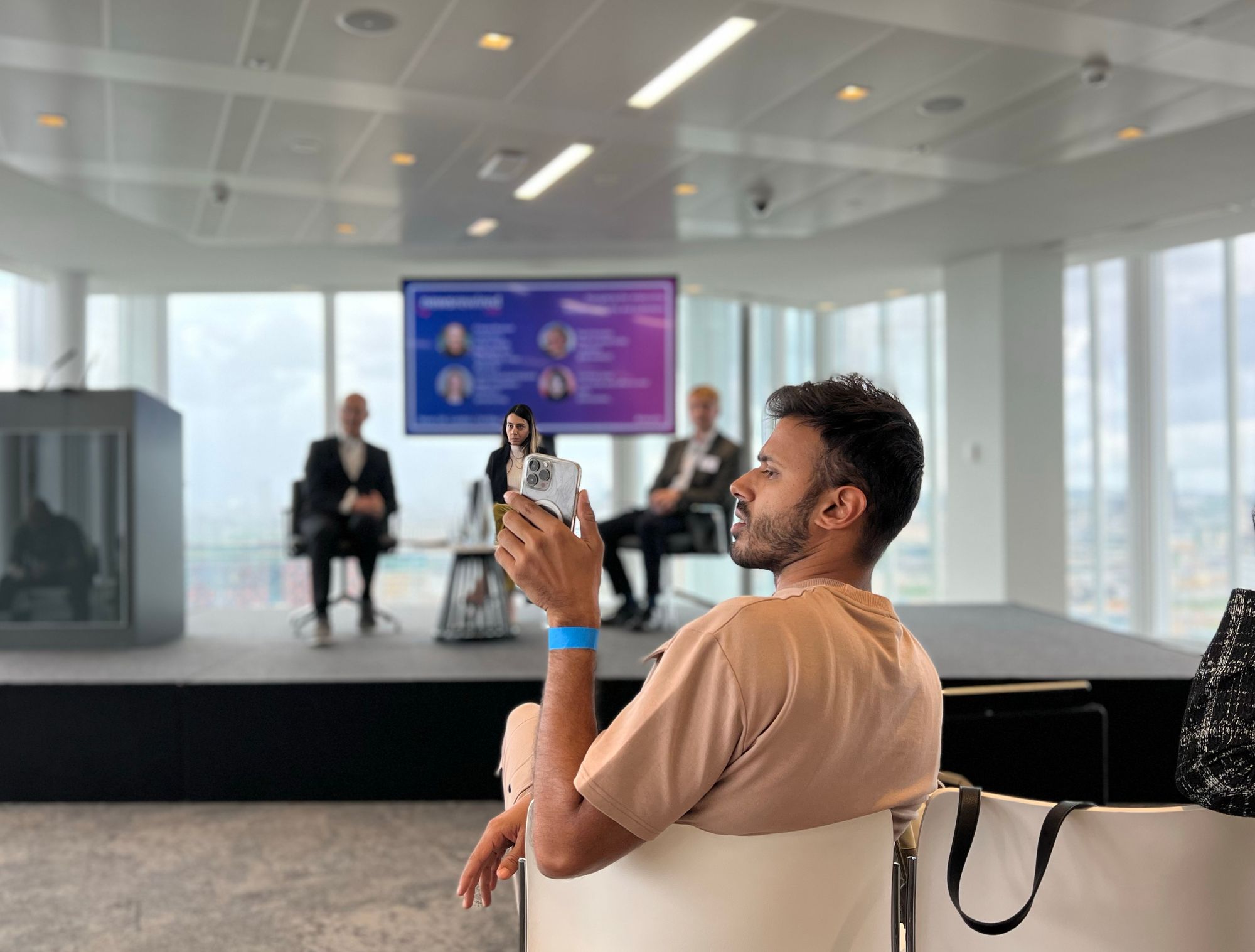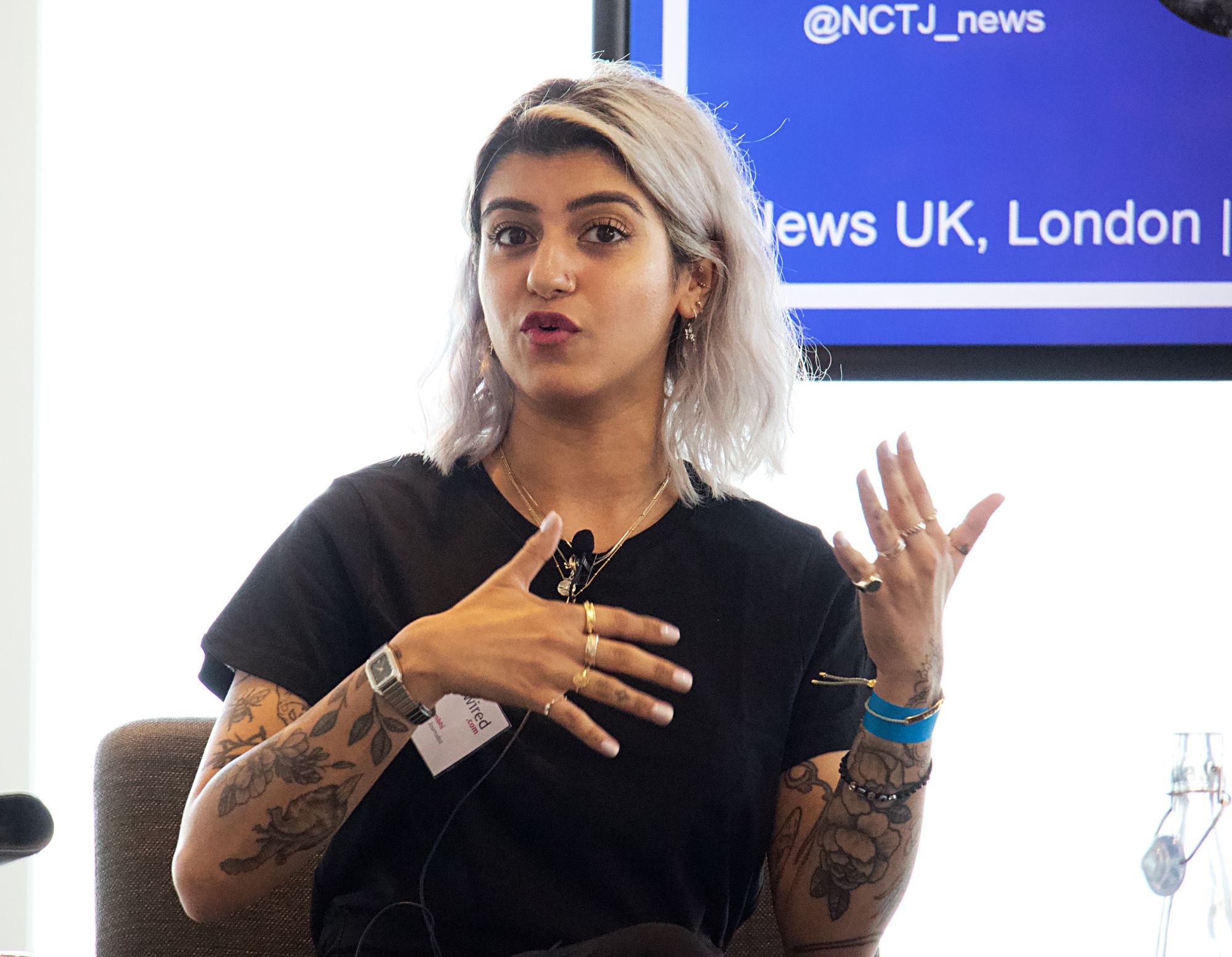
Can news tackle polarisation and mend democracy?
Polarisation has been on the rise in many societies for the past decade. Is news stoking the conflict — and can better reporting be part of the solution?
Is it inevitable that news will stoke polarisation? Or can great reporting help bring communities together? A panel of experts from diverse parts of journalism explore the problems — and some solutions.
The Panel
- Vicky Gayle, Bureau Local reporter, The Bureau of Investigative Journalism
- Rob McNeil, deputy director, Migration Observatory
- Emily Kasriel, head of editorial partnerships and special projects, BBC World Service
- Chair Stephen Harris, news editor, The Conversation
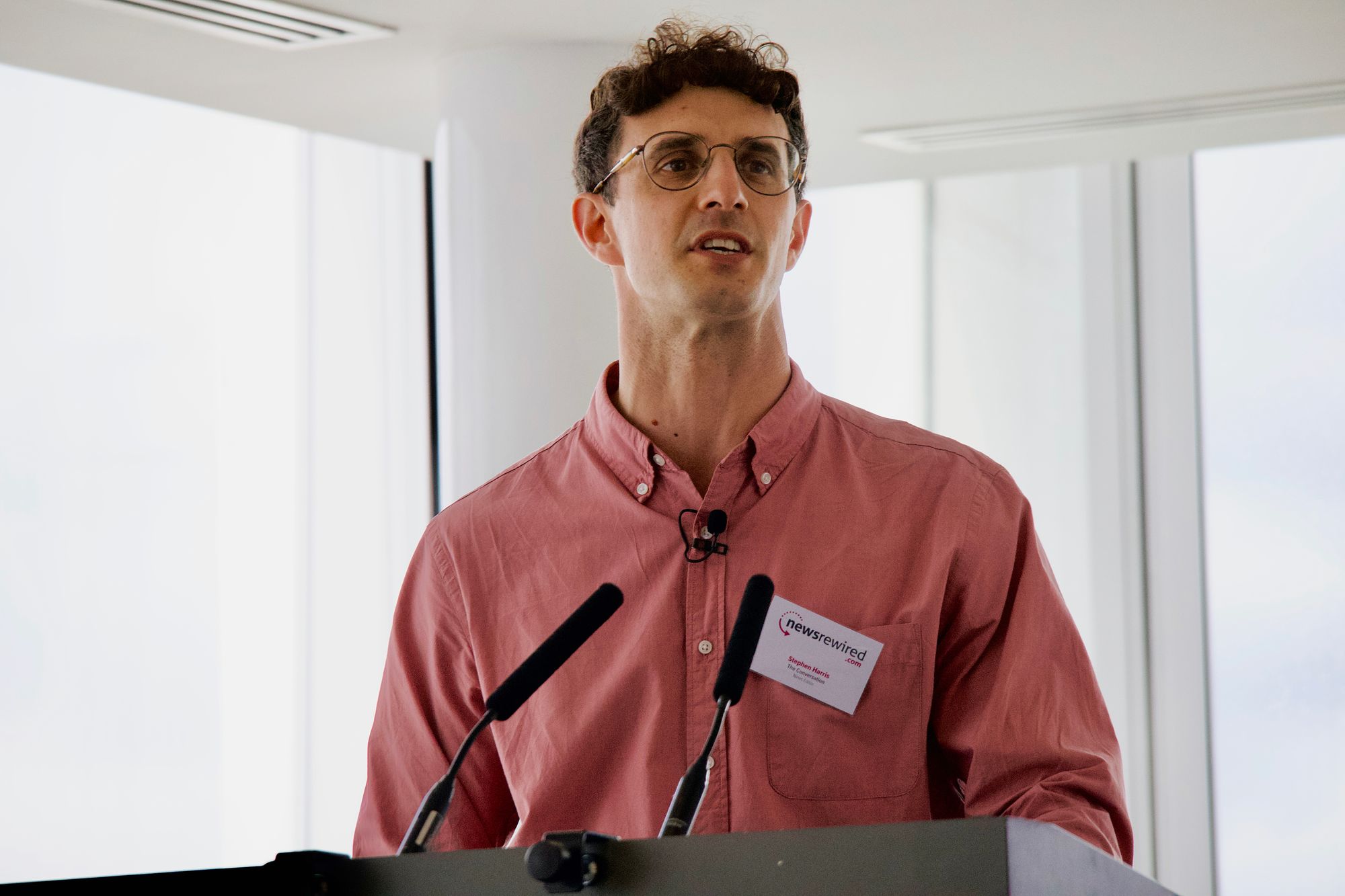
Our chair took the podium first, outlining (as one would expect from The Conversation) some useful research on polarisation:
- People perceive more polarisation than there is
- News might not be that significant in the polarisation process
- People don’t just live in news bubbles – but exposure to contrary views tends to harder views, not change them.
What are people doing to reduce polarisation?
Each of the panelists presented their ideas and experiences:
Rob McNeil, Migration Observatory

How recent is the media’s focus on migration? People will give you a range of answers from centuries ago, to 2015. But we have evidence in petroglyphs from 10,000 BC that people were talking about boats and migration. Well, probably. We’re not quite sure what it is exactly showing.
However, the Dead Sea Scrolls? They contain stories of migration, as does the whole Bible. We’ve been telling stories about migration for centuries, and that creates polarisation. Why?
- Group identity and otherness
- religious, cultural and ethnic distinctions
- land ownership and territorial rights
- conflict over resources or power
- exoticness versus normality
At the heart of all of this, is a series of stories and concepts that sit under our storytelling about something highly polarising that has been part of the human condition for pretty much forever. If we know this is happening, we can address by starting to bring the “them” into the “us” more.
Emily Kasriel, BBC World Service
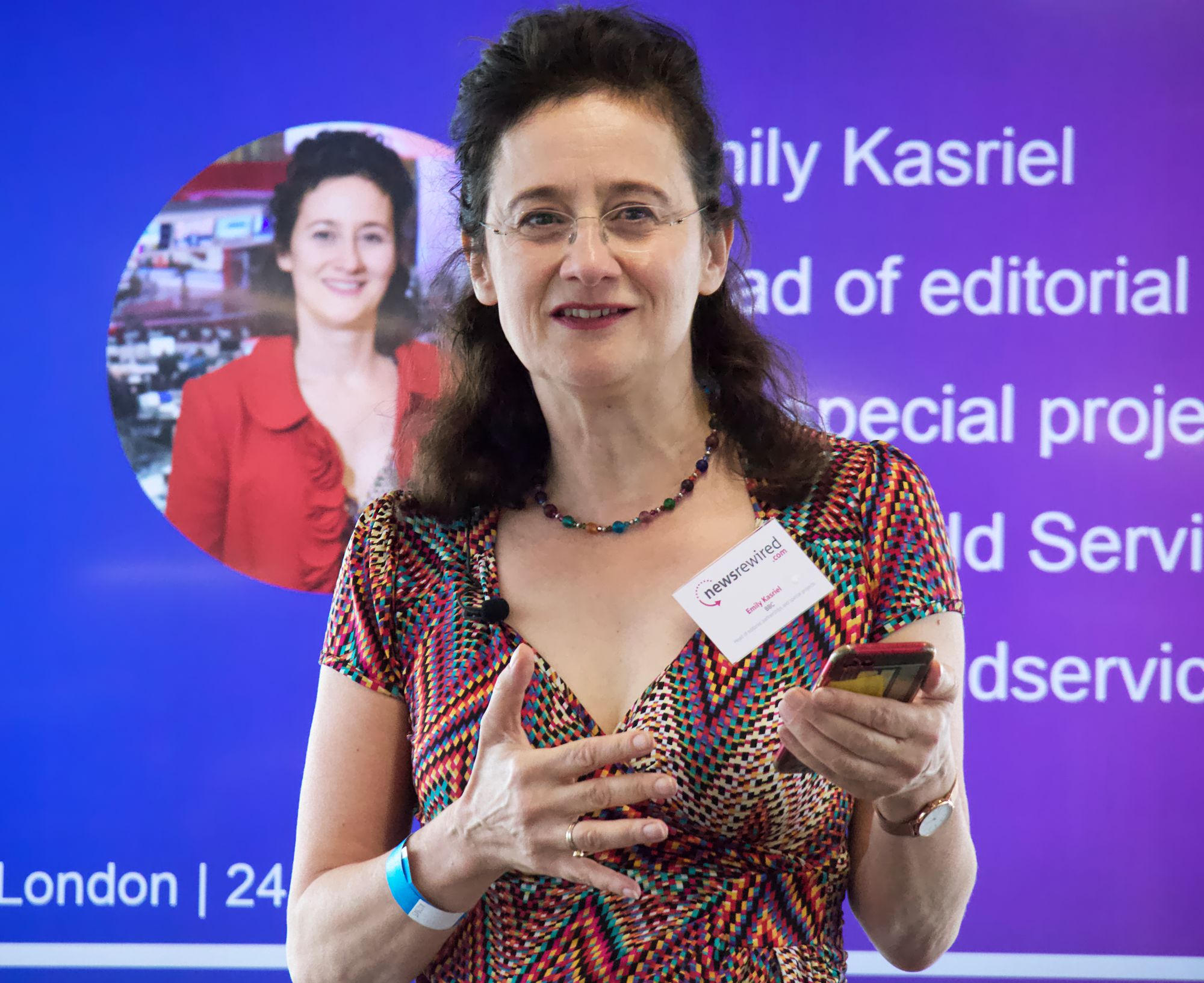
Stories that media tell have a two-way relationship with polarisation. We’re all primed to tell stories about danger and enemies. We love to tell stories of conflict, and we constantly do it. But we also know that this is creating news avoidance.
One of the BBC’s remit is to build social cohesion. So, she’s been working on telling stories of people coming together across divides. She talked to psychologists and mediators and other experts to understand this. And then they started doing deep listening training, for 1000 people from 119 countries.
When people are disconnected from their communities, they become more susceptible to extreme propaganda. Deep listening is about silence, understanding and reflecting back.
Vicky Gayle, Bureau Local
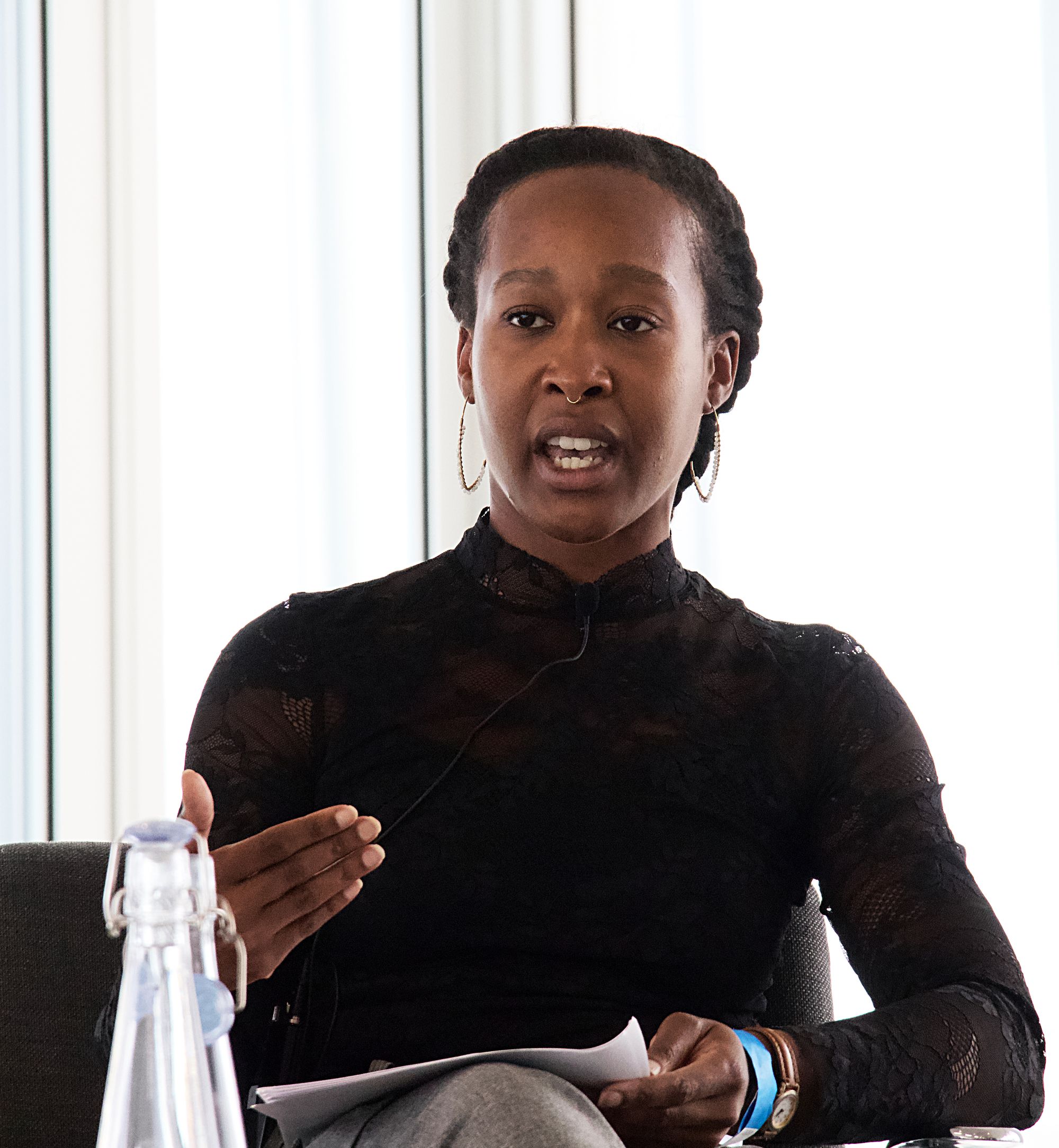
The Bureau Local specialises in doing something that just sounds like good journalistic practice: they spend time in and among the communities they’re reporting on. They build links and listening to them. And that level of connection is important in reducing polarisation. It’s not as easy as it sounds. We’re not the people we’re reporting on, and we have to be aware of our privilege and limitations.
People often feel let down by and patronised by local journalism, and that they don’t speak for their communities. Indeed, they’re afraid of their communities being misrepresented by journalism. And so collaborative working and education about how journalism works are critical to building trust — but then so too is seeing palpable results from the journalism.
They co-create local impact strategies with the communities they’re working with. And they make sure they create publicly available resources as part of their work, so people can take the reporting they’ve done and move it forwards to advocacy.
Depolarising our reporting
It’s very easy for journalists to cleave to tired narratives, and to merely quote spokespeople, says Emily. Most people have multiple identities, and a range of views even within an identity groups. We need to show that more. We need to show people engaging across divides more. Likewise, we’re culpable of excluding nuance, and we have to tell more complex, complicated stories.
Rob researched why journalists report on migration. One UK journalist said that they don’t get guided toward reporting something in a particular way — but they’re keenly aware of what the boss really wants. The more cartoonish versions of the stories they assume editors want to see end up getting told.
There was a story last week on the BBC about the fact that the majority of new nurses in the UK were from overseas. It was a balanced, well-told story — but it avoided the word migration completely. But the stories appearing at the same time about boat arrivals DID use the word migration. And so, the conversation about migration becomes about a very particular kind of migration. A neutral word has become loaded.
Hug the system
As investigative journalists, we try to look at the systemic picture. When a story is complicated, well, that’s the point of us, says Vicky. You need to be working with the people you’re talking about from the outset. They really must be involved from the start because they’ll guide the narrative, not you.
Emily suggests that we make assumptions about how simple that our audiences want their stories, which are not always accurate. They don’t always want the “cartoonish” simplification. And Stephen pointed out that Vicky’s style of community engagement would help address that. Emily does think that more two-way conversations with audiences will build trust — but so will pandering to readers’ prejudices. Challenging their perspective can lead to distrust.
Vicky points out that you can counter that by dialogue and involving people in your work, by being open that they’re trying to get better.
Balance is not two sides shouting at each other. Is there a role for media organisations in funding more quality analysis, asks Rob?
Sign up for e-mail updates
Join the newsletter to receive the latest posts in your inbox.


